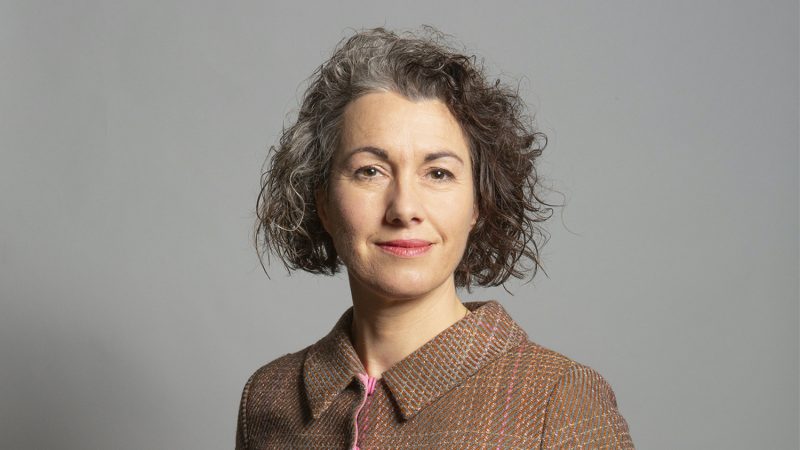
This summer, Philippines police rescued a three-month-old baby in an operation to free children from online sexual exploitation. Weeks later, they brought a two-year-old to safety. Scores of similar police operations have happened over the last few months.
Online sexual exploitation of children (OSEC) sees sex offenders in countries like the UK pay to both direct and livestream the sexual abuse of children anywhere in the world, often in places of extreme poverty. UK abusers demand all manner of sickening and violent acts to be carried out on innocent children, whilst they watch from the comfort of their homes.
According to Interpol, WePROTECT Global Alliance and International Justice Mission (IJM), this deeply troubling phenomenon has been increasing in recent years. Worryingly, there is evidence that it has been exacerbated by the Covid-19 crisis: offenders locked down at home, and children locked in with abusers. It has become “more popular than usual during the Covid-19 crisis”, according to Europol. During the first lockdown, 8.8 million attempts were made to access child sexual abuse materials by UK internet users alone.
Whilst the children being abused via livestream might be on the other side of the world, the demand for this abuse is driven by sex offenders much closer to home. It is shameful that the UK is the third largest consumer of livestreamed abuse. Without the demand created by us, children the world over would not be suffering this terrible crime.
An urgent and robust response is needed internationally and domestically to disrupt the cycle of supply and demand that feeds the online sexual exploitation of children. Sadly, this government has repeatedly missed opportunities to provide just that.
Initiatives like the Philippine Internet Crimes Against Children Center are a welcome start, involving collaboration, coordination and intelligence sharing between law enforcement agencies from the Philippines, the UK, Australia and IJM. It has led to offenders in the Philippines and the UK being prosecuted and convicted, and it is vitally important that this cooperation is continued and strengthened. But we must go further in addressing this insidious crime.
OSEC is a relatively low-risk crime for British sex offenders. There is little chance of abuse being caught because livestreamed material isn’t being detected and reported by technology companies. Only a small number of livestreaming offenders are prosecuted and convicted – and sentences are low.
A new report by IJM highlights this very point. UK offenders convicted of directing and paying for livestreamed sexual abuse of Filipino children will serve on average only two years and four months in prison, before being released on license in the community. These are offenders who have spent several years, and often thousands of pounds, to direct the sexual abuse of children.
This doesn’t represent justice for the survivors, nor does it provide any sort of deterrent. Lengthier sentences aren’t the only answer to this problem. But the current trend of lenient sentences undermines the horrific nature of the crime and emboldens the perpetrators.
Toddlers who have been rescued from online sexual exploitation were found to have contracted STIs as a result of the abuse. The lifelong impact on these young lives must be taken seriously, and sentences imposed that reflect the gravity of the harm caused.
The ease with which British sex offenders can abuse children without fear of serious repercussions must be rectified so that offenders are not acting with impunity, and instead know that they will be caught and there will be meaningful consequences. This means improving detection, as well as prosecutions. Tech companies, social media platforms and money transfer services must adopt a ‘safety by design’ approach and improve detection and reporting.
The upcoming online harms regulations bill is an important opportunity for the government to insist on meaningful action by these companies. This horrendous abuse will continue to grow unless firm action is taken. Whilst good work has been done, more is needed. We must act on behalf of the children who have suffered unimaginable horror. We must hold their abusers to account, and prevent other children from suffering the same fate.




More from LabourList
‘Labour must confront the crisis of first past the post before it’s too late’
Unite to debate affiliation with Labour Party at conference next year
Miliband tops LabourList Cabinet league table, with gender divide in PM approval